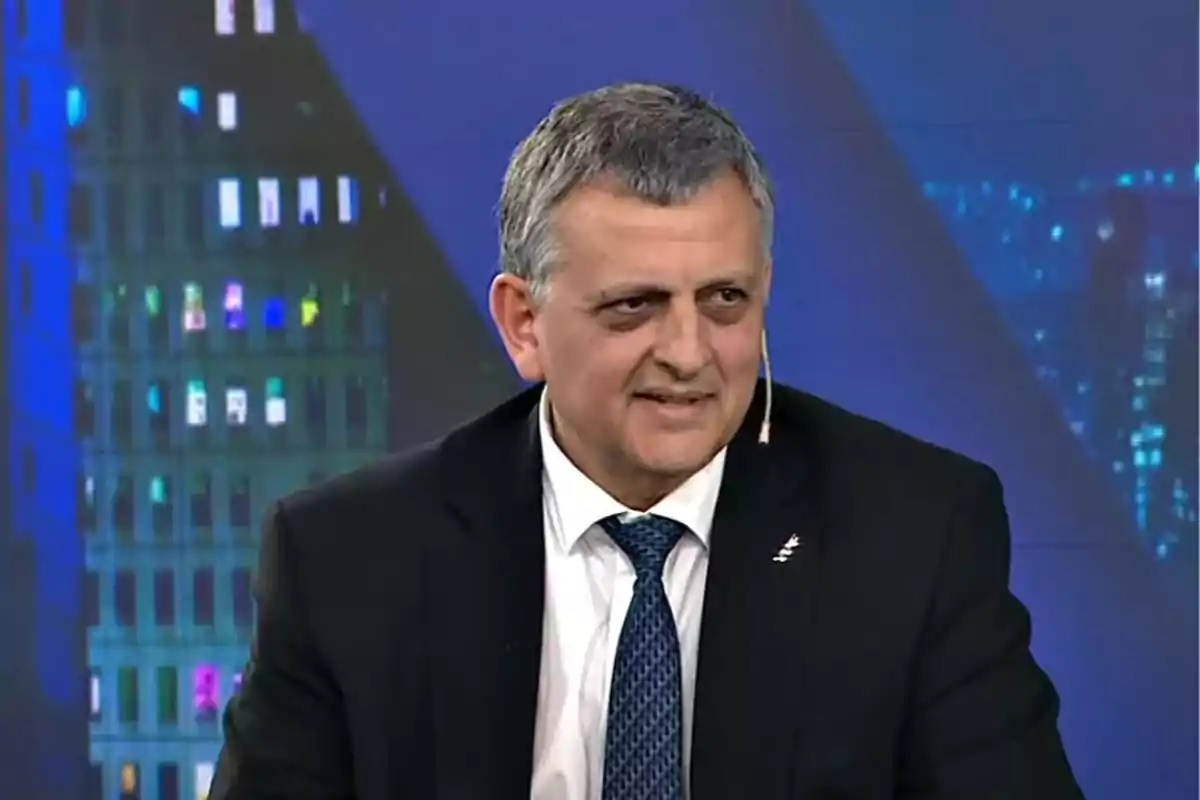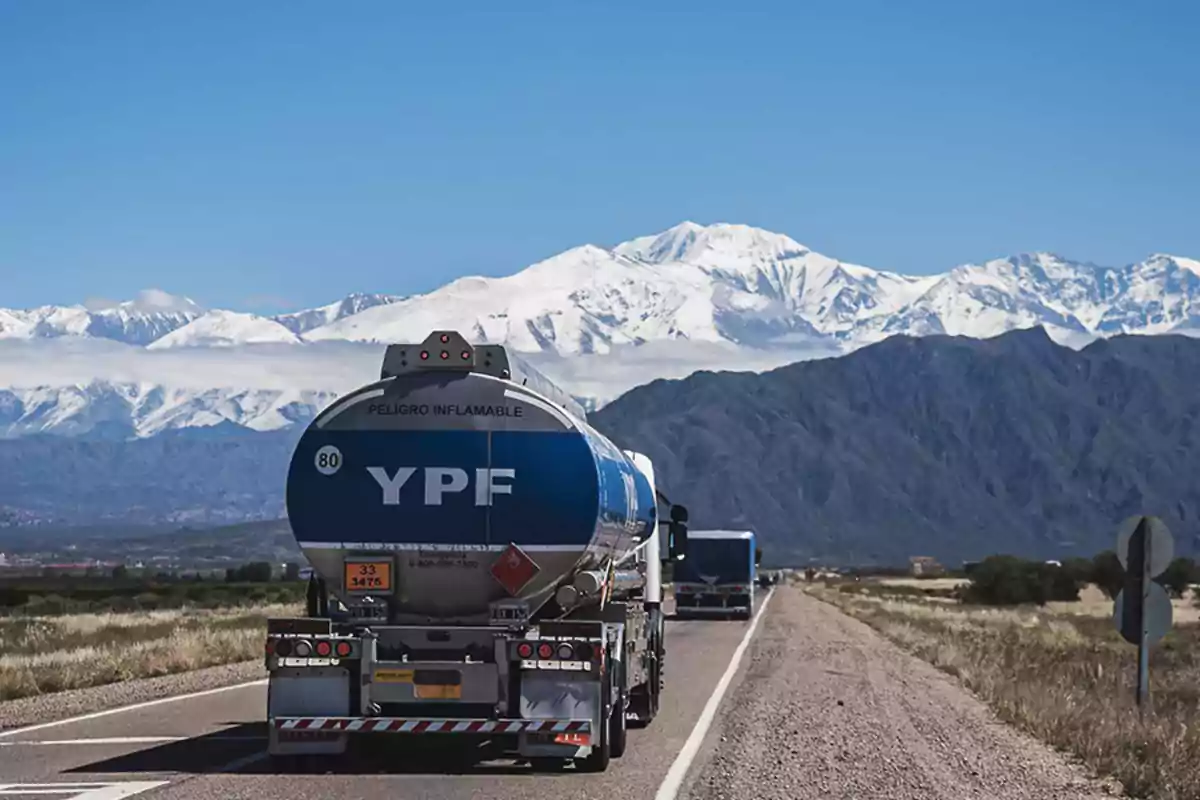
'Messi's jerseys don't sell gas, Milei does': Horacio Marín praised the president
Thanks to Milei and the international support for the government, one of the largest energy investments in decades is expected
Argentina is making steady progress toward consolidating itself as a Liquefied Natural Gas (LNG) exporting power thanks to the strategic vision of President Javier Milei.
This was confirmed by Horacio Marín, head of YPF, who highlighted the key role of the president in opening international markets for the project led by the state oil company.
"It's easier for me to open the market because Milei is an international leader. I bring Messi jerseys, but they don't sell gas, Milei does," said Marín during his presentation at the Vaca Muerta Insights 2025 event, organized by EconoJournal, LM Neuquén, and Más Energía.
In a world where trust is an essential asset, the support of the Argentine president is crucial to finalize agreements with global buyers and secure the necessary investments to transform the country into a key player in the energy market.
The executive emphasized the success of the commercial tour conducted earlier this year through Asia and Europe, which included strategic destinations such as India, Germany, Israel, Japan, Korea, and China. During these visits, crucial agreements were sealed that paved the way for the final investment decision expected in August of this year.
The importance of these commitments lies in the need for long-term purchase contracts, which will serve as a guarantee to obtain between USD 10,000 and USD 20,000 million in financing from international banks.
Marín highlighted the weight that Milei's figure has abroad. "When I sit down to negotiate with CEOs from Japan or any other country, the first thing they mention is Milei and the transformation he is leading. So, I know I'm leaving the meeting with gas sold," he assured.

However, he also warned that for the project to be fully viable, it is imperative to reduce operational costs in Vaca Muerta. He denounced that some service companies in the region present unacceptable overcosts.
"There are numbers that are embarrassing. There are tools that are 300% more expensive than in the Permian[United States]," he criticized, highlighting the need to improve competitiveness to strengthen the sector's growth.
The demand for gas in Asia and Europe, exacerbated by the global energy crisis following the war between Russia and Ukraine, represents a historic opportunity for Argentina.
Brazil also appears as a relevant market, although Marín clarified that the contracting conditions in the region present specific challenges. "No one is going to sign a 20-year take-or-pay export because if it rains, they don't consume. They're small things," he explained.

The development of LNG in the country will initially require the arrival of three or four liquefaction ships to the coast of Río Negro, with the future intention of building an onshore plant in that province.
Argentina, which has the second largest unconventional gas reserve in the world and the fourth in oil, is facing a historic opportunity. If the plans progress as expected, the country could generate up to USD 30,000 million annually in hydrocarbon exports by 2031, a figure comparable to the income from agriculture in the best harvest years.
More posts: